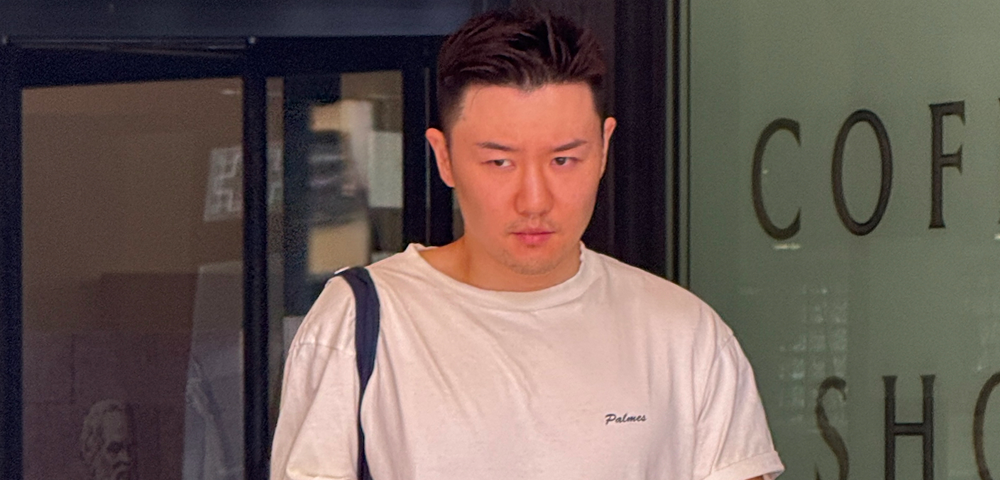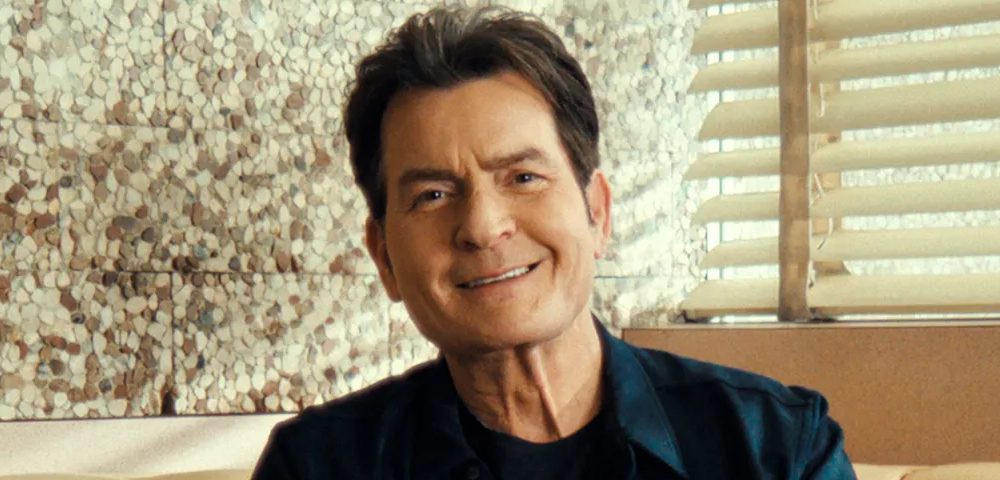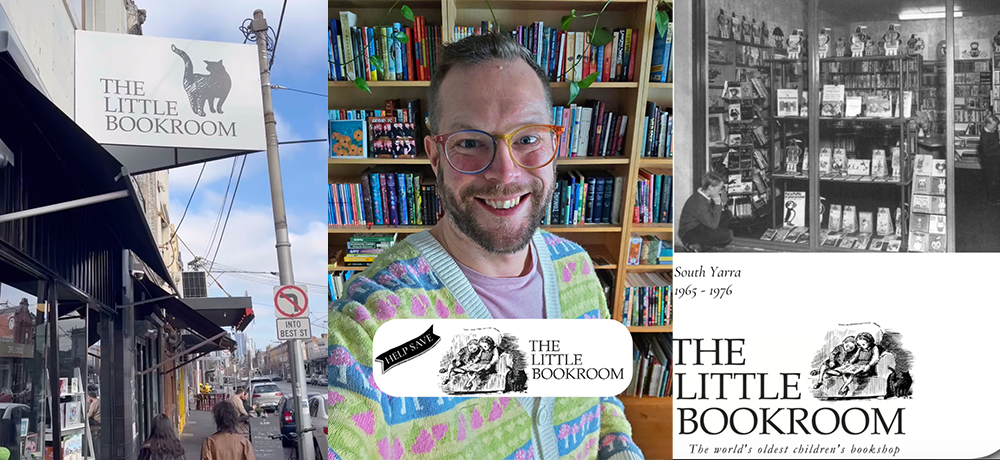
Gay youth risking their health
Gay men under 30 years of age may increasingly be risking HIV and STI infections, new Australian research has shown.
The research — by Melbourne’s Burnet Institute — has called for increased monitoring of young men-who-have-sex-with-men (MSM) and targeted campaigns to halt the rising number of HIV notifications in the age group.
Burnet Institute HIV and STI research head Dr Mark Stoové told the Star Observer the data, collected over the last decade, showed a need for a renewed focus on HIV and STI prevention among young MSM.
“The data does tend to suggest that a few years ago we were confident talking about the typical person diagnosed with HIV in Victoria as a gay man aged in their middle 30s,” Dr Stoové said.
“The overall profile of your typical person diagnosed with HIV in Victoria, appears to have been changing over time, so that younger gay men are becoming more represented in the data.”
According to the Burnet report, between 2007 and 2008, HIV notifications among MSM increased in those under 35 years, and decreased in those between 35 and 49 years.
The median age of HIV diagnosis among MSM therefore significantly decreased from 38.8 years in 2007 to 35.9 years in 2009.
The data also shows the median age of syphilis and gonorrhoea notifications has declined.
In the last three years (2007-09), there has been a 62 percent jump in the number of HIV diagnoses among MSM aged 25-29.
The research also showed that, compared with older MSM, those aged under 35 years were more likely to have never been tested for HIV; not know the HIV status of their regular sexual partner; and report inconsistent condom use with both casual and regular partners.
Last September a PLWHA Victoria campaign coordinator raised concerns with the Star Observer that not enough was being done to tackle young gay men in Victoria’s HIV prevention strategies.
This year various prevention strategies have already been rolled out by Burnet and the Victorian AIDS Council to address prevention in younger people, including a recent social networking campaign called Queer As F**k.
Dr Stoové said the figures give rise to looking at new ways of preventing for young gay men.
“The key is diversifying the health promotion mediums to ensure that we essentially make sure that younger gay men are exposed to messages through a variety of mediums,” he said.
“Certainly some of our data suggests that younger gay men potentially don’t read the gay press as regularly as older gay men, they’re not exposed to the same social networks and peer dialogue that occurs, so in a lot of ways we need to at least consider the means through which we present health promotion message to gay men.”
Dr Stoové said more research was needed to get a better understanding into the reasons young gay men may be more at risk.
“These are only theories, but one of the frequently discussed ideas is… that younger people weren’t exposed to those early stages of the [HIV] epidemic.”
“The multiple bereavements, some of the issues that really galvanised the gay community, through and around HIV, they haven’t been exposed to that part of the epidemic, and therefore those conversations around sexual health that people had, that were in a way normalised back then, are no longer normalised behaviour for those younger generations coming through.”
Studies for change
Fighting stigma
Researchers are calling for HIV-positive people Australia-wide to take part in a study on the effects of stigma.
The National Association of People With HIV/AIDS Australia (NAPWA) and the National Centre in HIV Social Research at the University of New South Wales are currently conductiong a HIV Stigma Audit.
The audit is being conducted via a 20-minute online survey.
info: Visit www.hivstigma.net.au.
Tracking treatment
The Australian Research Centre in Sex, Health and Society (ARCSHS) based in Victoria is currently conducting a survey on decision making around antiretroviral treatments.
The 15-minute Tracking Changes study is anonymous looks at changing HIV treatments.
The research is funded by pharmaceutical company Gilead Australia.ARCSHS is calling for HIV-positive people around Australia to take part.
info: Visit www.trackingchanges.net or call 1800 064 398









